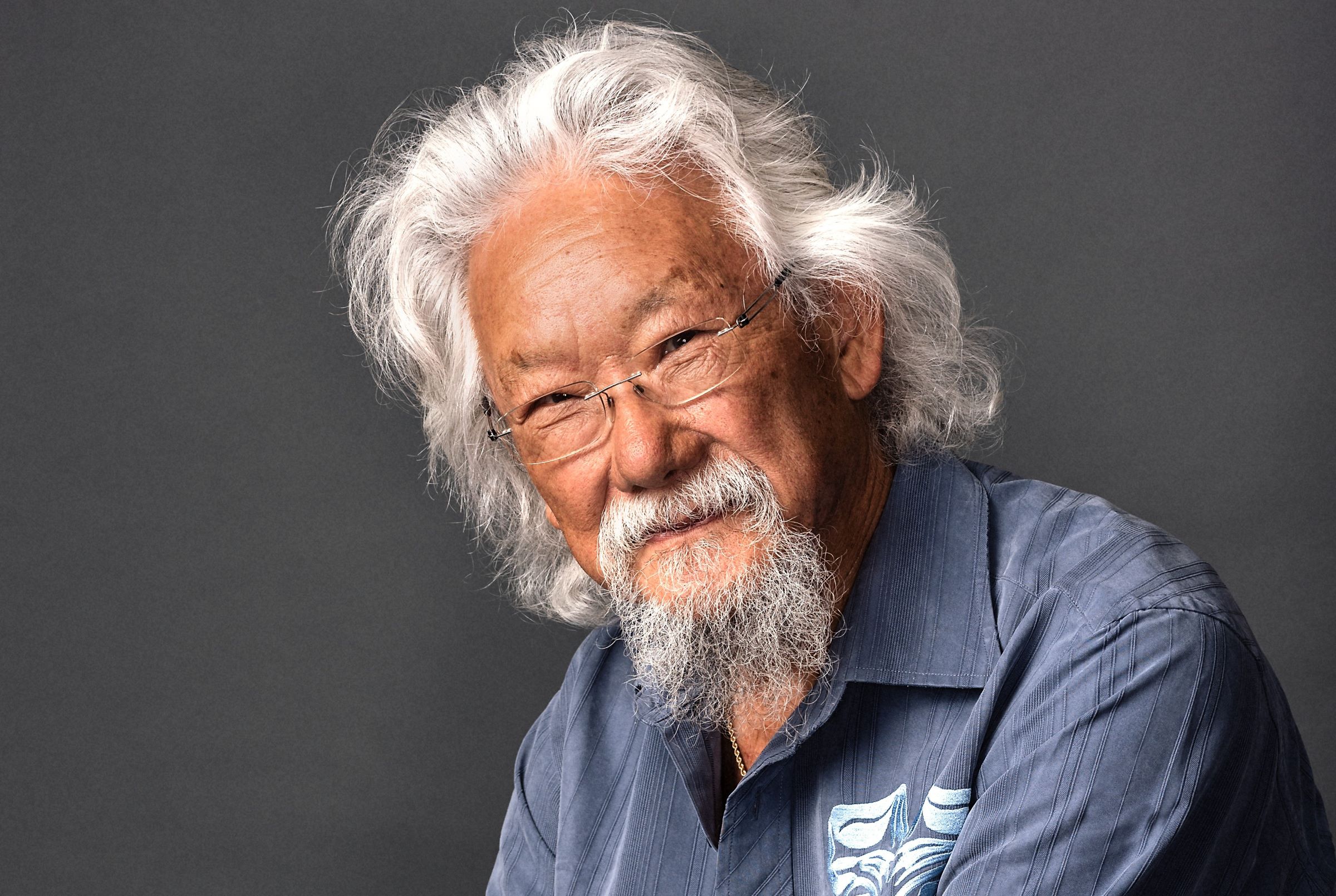COLUMN: David Suzuki reflects on science and its effects on our lives over his lifetime
I was trained to be a scientist. A book I cowrote with Tony Griffiths became the most widely used genetics text in the United States. But as I was beginning my career in Canada, I was struck by the priorities of newspapers and television. Whole sections and programs were devoted to politics, business, sports and celebrity, with columns on astrology and bridge. It reflected a huge oversight; none of these is as important to our lives as science applied by industry, medicine and the military.
Consider the enormous changes since my childhood. My parents wouldn’t allow me to go to movies or swimming pools because they feared I’d get polio (the Salk vaccine came in 1955). Millions of people died or were horribly scarred by smallpox (eradicated in 1980). We didn’t know what DNA did or how many chromosomes we had. My parents didn’t have to chastise me for watching too much television or playing computer games because they weren’t invented.
Organ transplants were still to come, leukemia was an incurable childhood disease, the birth control pill had not been invented and cosmetic surgery was not yet routine. Biotechnology, computer chips, satellites and plastic would have enormous impacts later in my life. The military would facilitate cutting-edge science and technology — from agent orange and nuclear bombs to laser beams and drones. The world has been fundamentally changed by scientific insights and innovations.
The media reflected an obliviousness to the transformative individual, cultural and ecological aspects of science and technology, content to report on wondrous new discoveries or frightening possibilities. Science was entertainment (What Will They Think of Next? was a television program) or scary in the Frankenstein’s monster mode.
As I was beginning my career as a scientist at the University of Alberta in 1962, two events changed the course of my life. The first was publication of Rachel Carson’s Silent Spring, which documented the devastating ecological impacts of pesticides.
From a scientific standpoint, widespread use of powerful pesticides should have been questioned from the beginning. Ecologists could have pointed out that insects are the most numerous, diverse and ecologically important animals, and spraying insecticides that kill all just to control a few that we consider “pests” doesn’t make sense. Geneticists could have pointed out that insecticides could drive selection for resistant mutations. But short-term health and economic benefits spurred rapid adoption and use.
Carson’s book showed the devastating repercussions of DDT, including the discovery of biomagnification — concentration of molecules as they pass up the food chain. Once DDT was found to be a powerful insecticide, scientists determined what other species were affected, studying them in flasks or growth chambers. But that didn’t mimic the real world of rain and wind, where molecules seep into soil and wash into waterways, with consequences that may take months or years to show up, such as eggshells that break easily, driving bird populations to decline.
Carson’s book put science in its place for me. Science offers a powerful way of knowing, but by focusing on an object, it creates an artifact — an abnormal simplification that can’t predict long-term consequences when widely applied. Economic and other short-term benefits must be balanced by possible biological, social and ecological ramifications.
The second event for me was being asked to lecture on Edmonton’s CBC channel in 1962. It was called Your University Speaks and featured University of Alberta professors.
When I left London, Ontario, to go to college in the U.S. in 1954, the city didn’t have a television station. In university, I was too busy to watch, so I didn’t have a TV until 1962. Your University Speaks was broadcast on Sunday mornings so I figured maybe a dozen people would watch. The producer loved it and asked me to come back. I ended up doing eight programs on genetics — my first television series.
After two or three shows, I began to meet people who had caught and enjoyed the programs. My response was amazement that anyone would be watching at that time of day, and on a Sunday! That’s when I realized people watched television at all times. It offered a much larger audience than a classroom. I didn’t realize it then, but it would lead to my career in the media.
David Suzuki is a scientist, broadcaster, author and co-founder of the David Suzuki Foundation.
Learn more at davidsuzuki.org.


























Comments